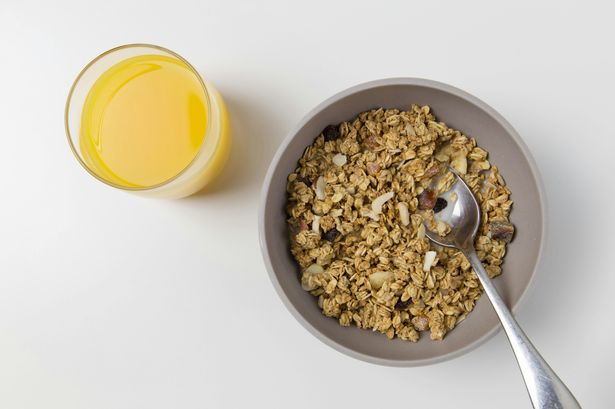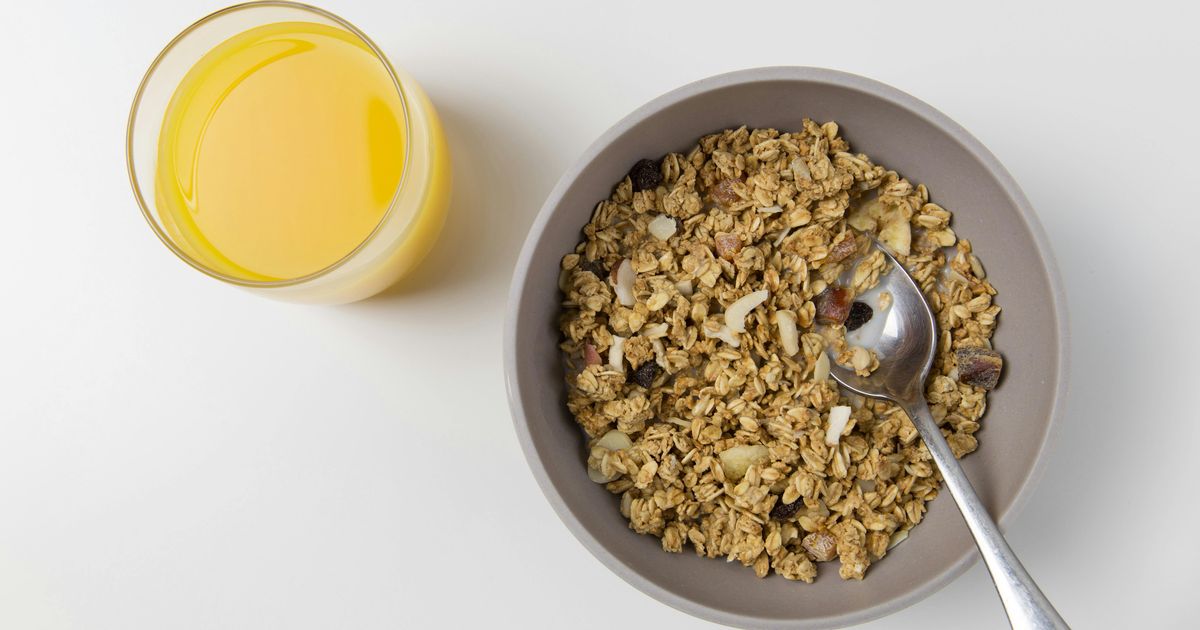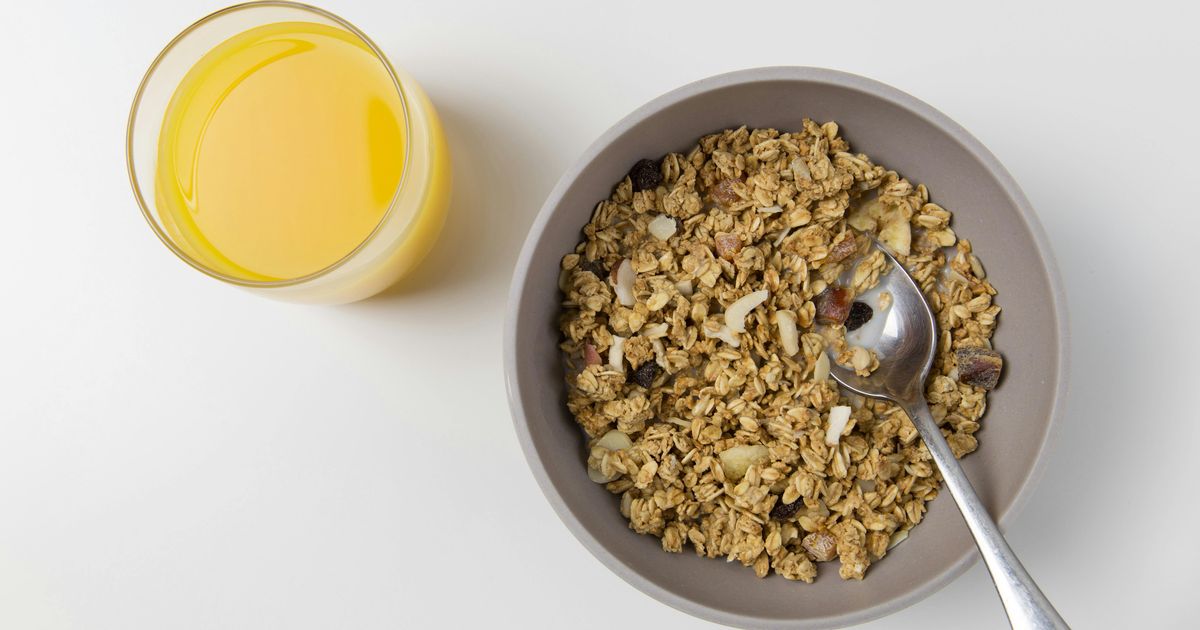

A new clinical trial has discovered that people with type 2 diabetes can enjoy a glass of 100% orange juice at breakfast without adversely affecting blood sugar levels. The study, published in the international journal Nutrition and Diabetes, compares the effects of consuming whole oranges and fruit juice on blood sugar levels and insulin response, with surprising results.
Type 2 diabetes is a growing global health issue, affecting nearly 4.6 million people in the UK alone, with an estimated 1.3 million more potentially undiagnosed, according to Diabetes UK. Lifestyle factors, especially diet, play a critical role in managing and preventing this condition.
Conducted by scientists at the University of Hasselt in Belgium, the study involved normal-to-overweight adults with well-controlled type 2 diabetes. Participants consumed a standard high-carbohydrate breakfast on three separate occasions, each time paired with either whole orange pieces, a 250ml glass of 100% orange juice, or an orange-flavoured drink with added sugars. Blood glucose and insulin levels were measured over four hours following each meal.
Lead researcher Dr Kenneth Verboven explained: “We believed that the lowest blood glucose levels would be seen when someone ate fruit with breakfast, while orange juice and a sugary drink would cause higher glucose levels. In fact, there were no differences.
“We think this was because most of the rise in blood glucose and insulin came from the bread eaten at our standard carbohydrate-rich breakfast. The small amounts of sugars from the fruit or drinks were inconsequential.
“This doesn’t mean we recommend that people with diabetes should have drinks with added sugars at breakfast as these typically have no nutritional benefit. However, 100% orange juice is different as the sugars come directly from the fruit and it contains similar vitamins, minerals and bioactives to whole oranges.
“While fruit remains the healthiest addition to breakfast as it contains some fibre, a small daily glass of 100% fruit juice is a convenient alternative when fruit isn’t an option.”
Glass of juice can ‘bridge gap’
A recent study from Ipsos commissioned by Swedish food tech company Picadeli found 86% of Britain’s Gen Z adults fail to meet WHO guidelines for fruit and vegetable intake — incorporating a daily glass of 100% fruit juice can help ‘bridge this gap’, the researchers said.
Pure orange juice and other 100% fruit juices are classified as minimally processed, containing no added sugars, flavourings, or preservatives under both EU and UK law.
Just one glass of orange juice provides over 80% of the daily recommended intake of vitamin C, an essential nutrient that supports immunity and skin health.
Dr Carrie Ruxton, an award-winning nutritionist, said: “With fruit intake alarmingly low across Europe, adding a small daily glass of fruit juice into your diet can be an easy way to make sure you consume important nutrients and vitamins.
“This study shows that you don’t need to avoid fruit juice if you have well-controlled diabetes and can instead benefit from the vitamins and minerals. Choosing a high fibre breakfast, such as oats or bran flakes, is a good way to help limit those blood sugar spikes.”


